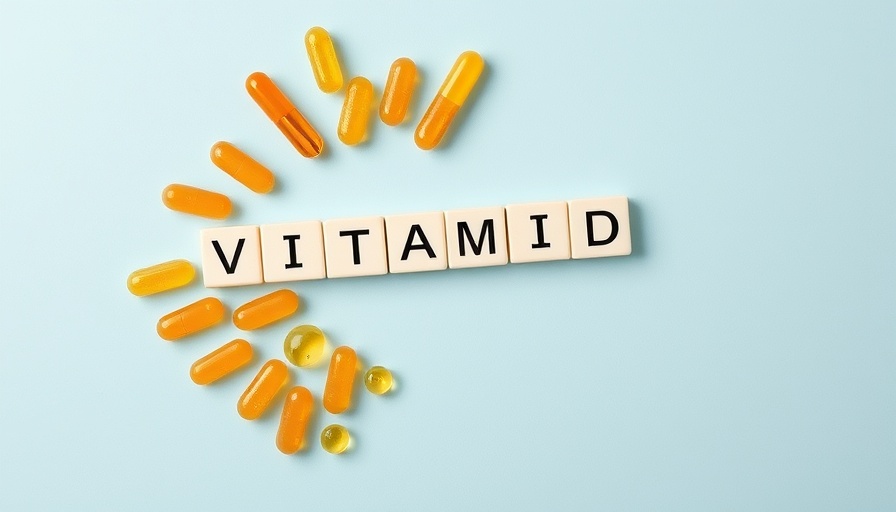
Unveiling the Truth About Vitamin D
During the COVID-19 pandemic, discussions around health have been abundant, yet one crucial topic seemed to take a back seat: Vitamin D and its life-saving benefits. Many health enthusiasts, researchers, and ordinary citizens alike have pointed fingers at health authorities, claiming that there was a significant underrepresentation of the role Vitamin D played in strengthening the immune system and potentially lowering the severity of COVID-19 symptoms.
The Immune System Connection
Numerous studies before and during the pandemic have shown how important Vitamin D is for immune health. Adequate levels of this sunshine vitamin can help reduce the risk of respiratory infections and other illnesses. Many believe that if health authorities had emphasized this connection more, the public could have made better choices during the crisis.
A Call for Awareness
The debate surrounding Vitamin D's effectiveness has drawn attention to the selective sharing of information by health agencies. While the scientific community continues to advocate for a balanced diet and healthy lifestyle choices, the overwhelming consensus on Vitamin D supplements suggests they can be an essential part of personal health strategies. For individuals navigating their wellness journeys, understanding the benefits of Vitamin D is increasingly important.
Practical Steps Towards Health
How do we ensure we get enough Vitamin D? Regular sunlight exposure, dietary choices rich in Vitamin D such as fatty fish, fortified foods, and the use of supplements when necessary can greatly aid in maintaining optimal levels. Regular testing can also ascertain whether your Vitamin D levels are sufficient.
A Personal Journey
Many individuals have taken it upon themselves to educate their circles about the importance of Vitamin D. From personal stories to local community health workshops, a movement is growing advocating for more informed health choices. This grassroots motivation emphasizes that individuals can drive wellness when official channels may fall short.
 Add Row
Add Row  Add
Add 




Write A Comment